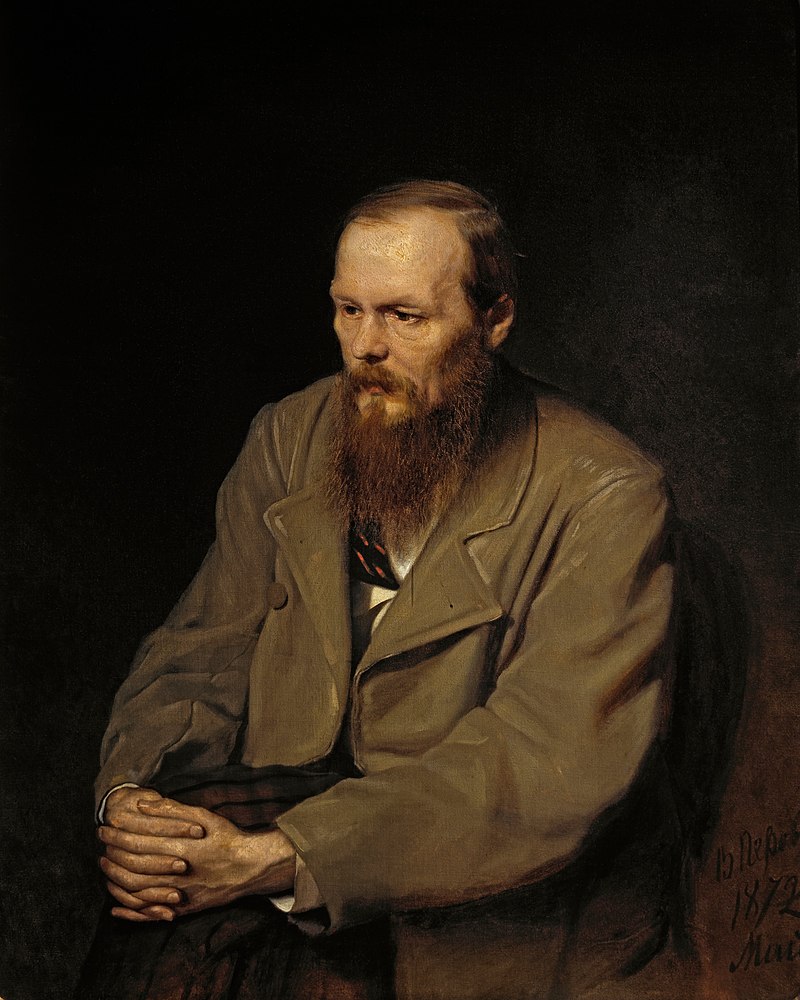
Earlier today, we noted that, in the debate between Christian neurosurgeon Michael Egnor and atheist broadcaster Matt Dillahunty at the Hindu site Theology Unleashed, Egnor expressed the view, held by many Christian philosophers, that evil is best understood as the absence of good.
Philosopher and photographer Laszlo Bencze now writes to say — citing novelist and philosopher Fyodor Dostoevsky(1821–1881) :
You know, Dostoevsky was responsible for one of the most famous enthymemes in history. (An enthymeme is a syllogism in which one premise is not stated.) He wrote “If there is no god, then all things are permitted.” The normal completion of this premise would be affirmation of the antecedent like so:
If there is no god, then all things are permitted.
There is no god, therefore,
All things are permitted.
However, there is another logically valid way to complete the first premise which is by denial of the consequent like this:
If there is no god, then all things are permitted.
All things are not permitted.
Therefore, there is god.
Interesting eh? I have found that all people, even diehard progressives,agree that there are some things that are prohibited. They might balk at homophobia. Surely that can’t be permitted? Or abusing women? Or maybe child molestation. They might condone stealing from the Man but not stealing from “me.” So, if not all things are permitted, then, logically speaking, god must exist. In this way the existence of evil points to god. No god, no evil. All things are permitted. If evil (prohibited things) exists; god exists. How about that?
Readers?
You may also wish to read: Egnor vs. Dillahunty: 11. Is evil in the world simply the absence of good? The Thomistic understanding of evil is that it’s an absence of good. It’s not a thing that exist independently in itself. It’s a deficit of goodness. God’s creation necessarily fall short of goodness because if he created something perfectly good, He would just be creating himself.